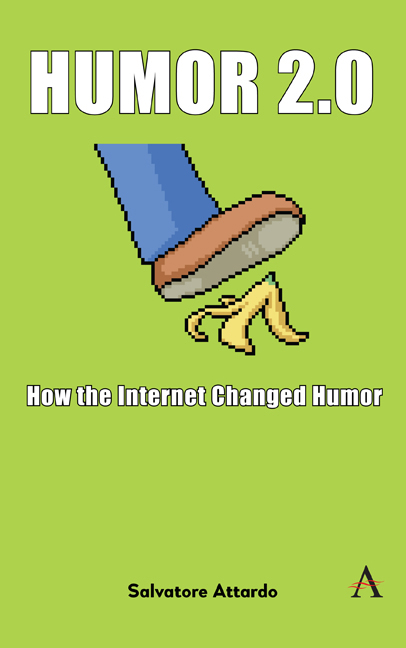22 - The Use of Humor by the Alt-Right
Published online by Cambridge University Press: 28 February 2024
Summary
In this chapter, we will consider how the alt-right (see Chapter 1) uses humor to recruit new followers by presenting their propaganda under the guise of humor/satire/irony and tries to take advantage of the retractability of humor (“I was just kidding”).
Is the Right Even Funny?
The title of this section may seem peculiar, after all, why wouldn't the right be funny? Admittedly, the Nazis were not particularly known for their sense of humor, but surely we would expect less extreme forms of right wing groups to have humor. However, there is a general sense in the academic community of humor researchers that right wingers are just unfunny. In fact, Young (2020) is a book dedicated to explaining why conservatives prefer outrage to irony and satire. The problem is that indeed a lot of right-wing humor will be absolutely unfunny to the average reader because of the problems we discussed in Chapter 3 that is, the unavailability of the scripts required to understand the joke.
However, Sienkiewicz and Marx (2022) provide evidence, based on viewership data, that not only is the right producing humor and satire, but that it is quite successful (for example, Gutfeld! had excellent ratings of over two million viewers, beating all other late night satirical news shows, in 2021).
The Alt-Right Propaganda Machine
Having established that the right does produce successful humor and satire, Sienkiewicz and Marx argue that the right is using them to recruit and radicalize supporters. The idea, well developed in Sienkiewicz and Marx (2022; see also Greene, 2019), is that mainstream shows such as Gutfeld! or publications such as Babylon Bee, or podcasts such as The Joe Rogan Experience, through a complex network of promotions, recommendations and advertisement funnel an audience toward increasingly radical material that culminates in explicit white suprematism, Nazi propaganda and recruitment. For a more detailed discussion of Sienkiewicz and Marx (2022), see Attardo (2023).
This is not just speculation. Bowman-Grieve (2013) shows that “whites only” dating sites promote discussion, interaction and the formation of interpersonal bonds and relationships among white supremacists and therefore contribute to the recruitment and radicalization of the recruits in terrorist groups.
- Type
- Chapter
- Information
- Humor 2.0How the Internet Changed Humor, pp. 219 - 224Publisher: Anthem PressPrint publication year: 2023



